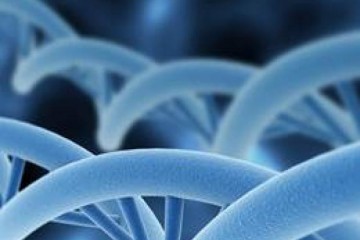CRACK IT Challenge
InMutaGene: A human IPS cell model for gene therapy vector safety evaluation

At a glance
Completed
Award date
July 2016 - December 2020
Contract amount
£700,000
Contractor(s)
Sponsor(s)
R
- Replacement
